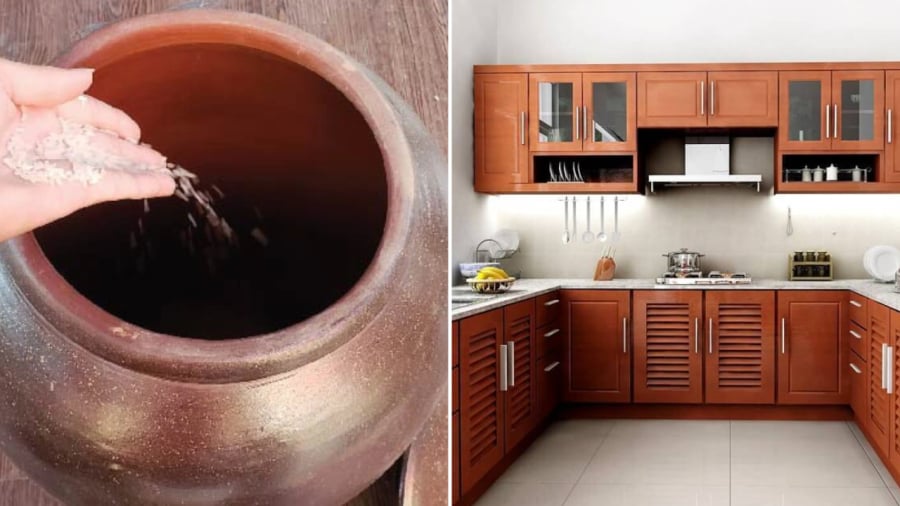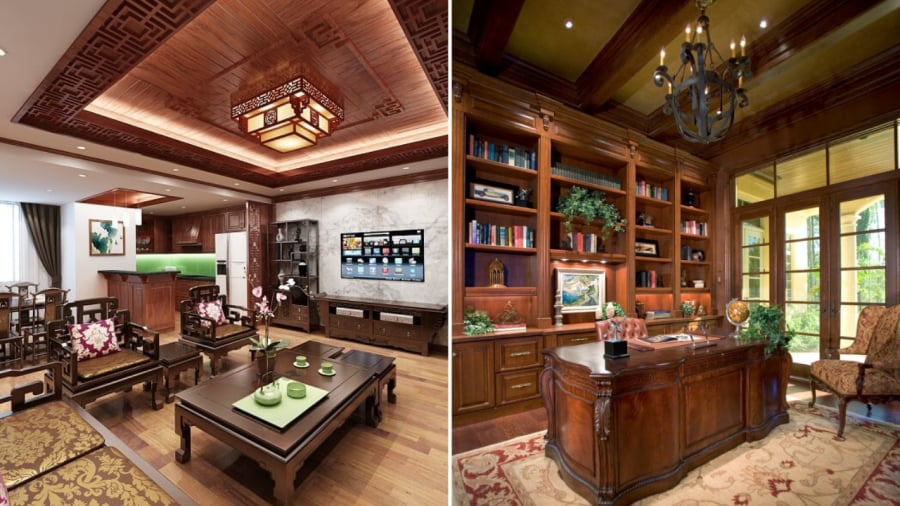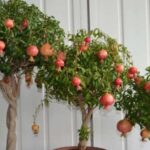– An Empty Kitchen
In feng shui, the kitchen is considered the heart of the home, where prosperity and good fortune originate. A warm and vibrant kitchen invites wealth and abundance. An empty, cold kitchen, on the other hand, may suggest a lack of prosperity and make it difficult for the homeowners to attract wealth.
The kitchen also reflects the happiness and well-being of the family. A happy family often gathers in the kitchen, sharing laughter and creating memorable moments during mealtimes. Conversely, an empty and cold kitchen can evoke a sense of loneliness and suggest a lack of connection among family members, which may lead to instability in the family’s dynamics.

In feng shui, an empty kitchen and rice container are considered inauspicious.
– Empty Rice Container
According to feng shui beliefs, the rice container symbolizes wealth, food, and the family’s abundance. An empty rice container is likened to depleting one’s wealth, leading to a constant state of scarcity. Therefore, it is advisable to keep the rice container full at all times, especially during the New Year, as it signifies a year of prosperity and sufficiency.
Additionally, a traditional practice involves placing a red envelope containing a few coins at the bottom of the rice container, covering it with rice, and then draping a red cloth over the container. This is believed to attract good fortune and prosperity for the homeowners.
The rice container should be kept in a cool, dry, and well-ventilated area, but not in plain sight. Displaying the rice container openly is considered “losing wealth.”
– Empty Living Room
The living room holds significant importance in feng shui, influencing the overall energy of the home. In ancient times, it was believed that one could discern the family’s fortune simply by observing the living room.
A cold and uninviting living room may deter guests from staying long or visiting frequently, negatively impacting social relationships and the family’s well-being. Conversely, a cozy and welcoming living room not only reflects the homeowner’s style but also fosters meaningful connections. A homeowner who frequently welcomes guests is likely to cultivate positive relationships and gain respect, indicating success and prosperity.
Decorating the living room with auspicious paintings and placing certain feng shui plants can enhance the space’s energy and attract positive vibes. Sharp objects and dark-themed decorations, such as swords, knives, or animal trophies, should be avoided.

A tidy and welcoming living room, along with a well-stocked bookshelf, reflects a family’s attention to education and fosters long-lasting prosperity.
– Empty Bookshelf
Books are a treasure trove of knowledge and wisdom, offering invaluable insights and experiences. Investing in education is never a loss. A family that values learning will thrive and prosper, as knowledge boosts confidence, broadens horizons, and enriches lives. This acquired knowledge and experience are then passed down from generation to generation, strengthening the family’s legacy.
Throughout history, wise and enlightened ancestors have often left behind not material wealth but a wealth of knowledge and teachings for their descendants. This invaluable legacy is continuously built upon and passed down through the ages, becoming a family’s most precious inheritance.
From ancient times to the present, across cultures, the importance of imparting knowledge, fostering a love of learning, and valuing education has been emphasized by the greatest minds.
This information is for reference only and is subject to individual interpretation.
The Golden Spot to Place Your Tiger Jaws: Luck Rolls In, Money Follows Suit
The Snake Plant, a striking and elegant addition to any home, boasts a multitude of benefits that set it apart from other houseplants. Its stately form exudes sophistication, while its air-purifying abilities and toxin-absorbing properties make it a natural wonder. Feng shui enthusiasts also revere this plant for its positive influence on the energy of a space, with its placement dictating specific auspicious meanings.
Is It Good for Family Feng Shui to Plant a Crape Myrtle Tree in Front of the House?
The Queen of the Night, the enigmatic Epiphyllum oxypetalum, is a captivating cactus with an alluring presence. With its ethereal beauty and enchanting blooms, it captivates those who encounter it. This exotic epiphyte, native to the tropical rainforests of South America, has earned its regal moniker due to the exquisite nature of its nocturnal blossoms. Under the cloak of darkness, the Queen of the Night reveals her true splendor, unfurling her delicate petals to the moonlight in a breathtaking display of nature’s magic.



































